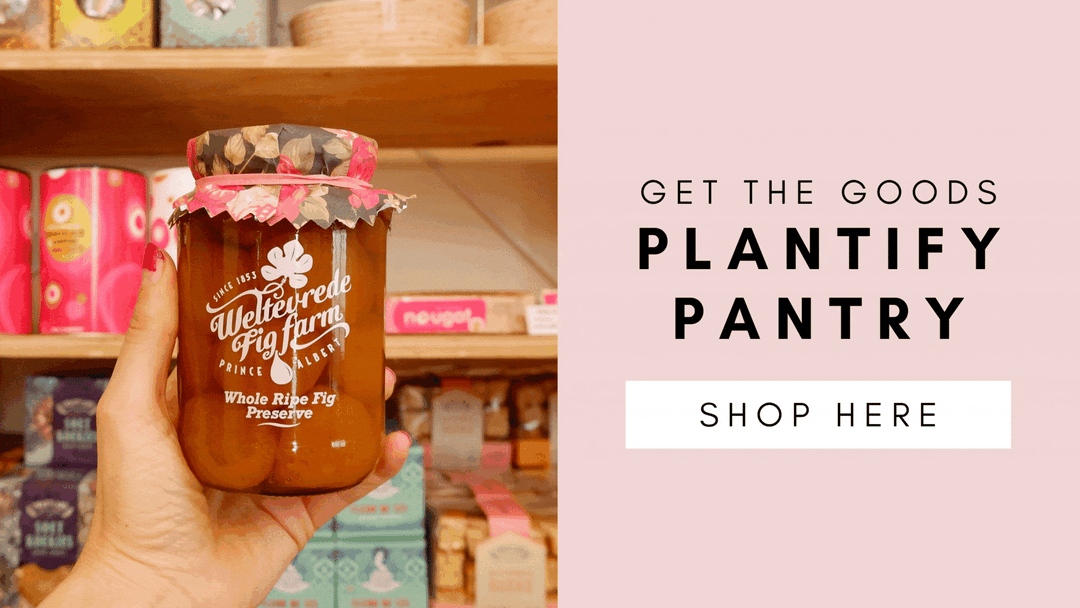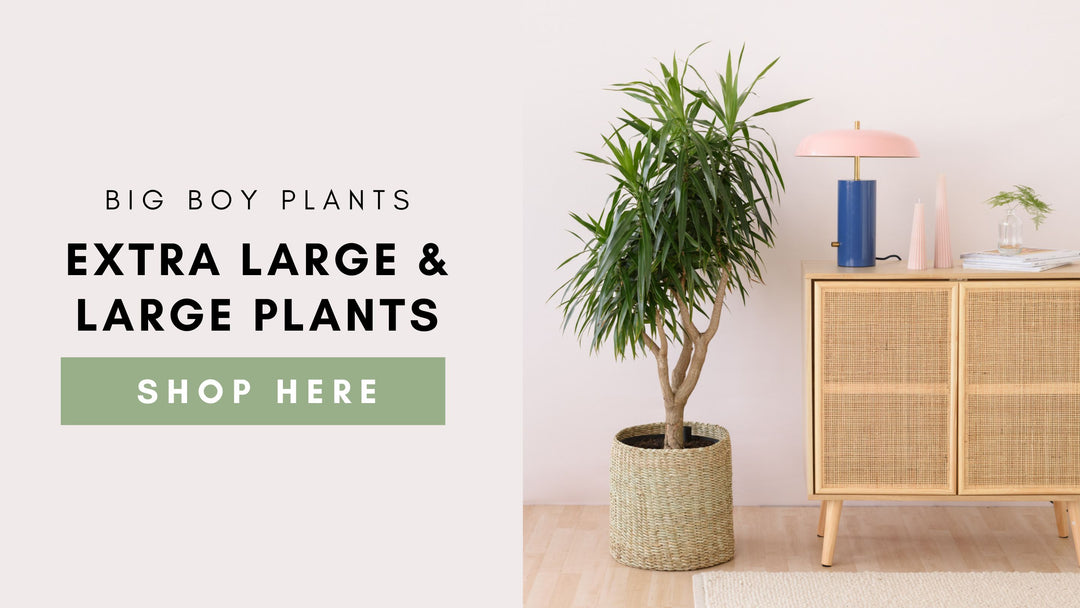Yellowwood Care Instructions
Scientific Name: Podocarpus sp.
Synonyms: Yew Pine
The Yellowwood is a majestic, slow-growing tree that brings elegance and texture to any indoor space with its lush, glossy delicate green foliage. Native to the misty, forested regions of southern Africa, Podocarpus thrives in the wild under the shaded canopies and cool, damp conditions of its natural habitat. This heritage gives it a unique adaptability, allowing it to flourish in a range of indoor settings where it adds a subtle touch of the wild to your decor.
With a love for bright, filtered light to direct sunlight, the Yellowwood is ideal for a sunny indoor area, balcony, or patio that needs a touch of green. Because it’s a slow grower, it’s perfect for smaller spaces or compact spaces, lending an attractive vertical element without overwhelming its surroundings.

The Yellowwood is also relatively low-maintenance and semi-waterwise, making it an ideal gift for a new plant parent or anyone with a busy lifestyle, as it doesn't demand frequent watering. Over time, this lovely tree will develop its own unique character, and its slow growth and sturdy branches make it a favourite for bonsai enthusiasts.
Pair your Yellowwood with a bold planter or a natural Palm leaf basket to let its timeless charm stand out while seamlessly blending into your decor style.
Please note: The Yellowwood is known to be toxic; keep it out of reach of pets & children.

Yellowwood Common Symptoms
- Yellowing leaves: this often results from overwatering. Check the soil moisture before watering; only water when the soil has reached complete dryness. Ensure the pot has drainage holes, and use well-draining soil.
- Leaf browning or discolouration: Browning on the leaf edges or tips is usually due to too much direct sunlight or inconsistent watering. Move the plant to a location with bright, indirect light rather than harsh direct sunlight. Adjust your watering schedule and avoid allowing your plant to stay dry for too long.
- Leaf Drop: this is often a sign of stress, either from underwatering, sudden temperature changes, or low humidity. Water consistently, and avoid letting the soil dry for long periods of time. Once the soil has reached dryness, be sure to water. Keep the plant away from cool drafts and sudden temperature shifts. Increase humidity by placing your plant on a pebble tray to help create localised humidity.
- Slow or Stunted Growth: A plant that does not grow can result from insufficient light, a lack of nutrients, or it is time for a repot. Make sure your Podocarpus is getting adequate bright, indirect light. Repot every 2 to 3 years, or add a layer of fresh soil yearly on top. Use a balanced fertiliser in spring to promote healthy growth.
- Wilting Leaves: Wilting may indicate root rot from overwatering or, conversely, that the plant is too dry. Examine the roots; if they’re brown and mushy, root rot may have set in. Remove any affected roots, repot in fresh, well-draining soil, and adjust your watering routine. If underwatered, increase watering frequency, but allow the soil to dry slightly between waterings.
- Pests: Yellowwoods are pretty hardy plants, though already stressed plants will be highly susceptible to pest infestations leading to excessive yellowing fronds and leaf damage. Mealybug, scale, and spider mites are common indoor plant pests and will weaken your plant relatively quickly if left untreated. Adjust environmental stressors for your houseplant and treat infestations with an organic pesticide. Click here for more on identifying and treating common houseplant pests.
Yellowwood Care Instructions
- Origin: Native to the forested, mountainous regions of southern Africa.
- Size: Typically grows up to 1.5 to 2 meters tall when potted.
- Light: Prefers bright, indirect light. Can tolerate some direct sunlight, but prolonged exposure may scorch the leaves. Ideal for a well-lit room or near a window with filtered sunlight.
- Water: Water when the soil has reached dryness. Avoid allowing to stay dry too long; for best results, water when the soil feels very lightly damp if you are an inconsistent waterer.
- Humidity: Tolerant of average indoor humidity but prefers slightly higher humidity. Placing your plant on a pebble tray will assist in drier climates..
- Temperature: Yellowwoods thrive in temperatures between 15 and 25°C. Avoid placing near cold drafts or heaters, as sudden temperature changes can stress the plant.
- Soil: requires a well-draining, slightly acidic potting mix. A mix for houseplants with added bark and perlite works well.
- Fertilising: Feed monthly with a well balanced fertiliser during spring through summer.
- Pruning: Prune to maintain shape and encourage bushier growth. Remove any dead or damaged branches, ideally in spring.
- Repotting: Repot only 2 to 3 years or when roots outgrow the pot. Podocarpus prefers to be slightly rootbound but will benefit from fresh soil. When upsizing your plant to a bigger pot, only choose a pot around 3 cm bigger than it’s previous. This will give the plant enough space to grow but still maintain its preference of being slightly rootbound. Be gentle with the roots.
- Propagation: To propagate your yellowwood, select semi-hardwood cuttings in late spring or early summer, as this is when they are most likely to root successfully. Choose a healthy branch and cut a 10-15 cm section just below a leaf node, removing any leaves from the lower half of the cutting. Dip the cut end in semi-hardwood rooting hormone powder to stimulate root growth. Plant the cutting in a small pot filled with a well-draining potting mix. Water lightly and cover with a clear plastic bag to maintain high humidity, but ensure good airflow to prevent mould by poking a few holes in the bag. Position the cutting in bright, indirect light and keep the soil consistently moist, avoiding waterlogging. Roots should begin to develop in 6–8 weeks, after which the cutting can be gradually acclimated to normal humidity before repotting.
If in stock, shop for Yellowwood here



